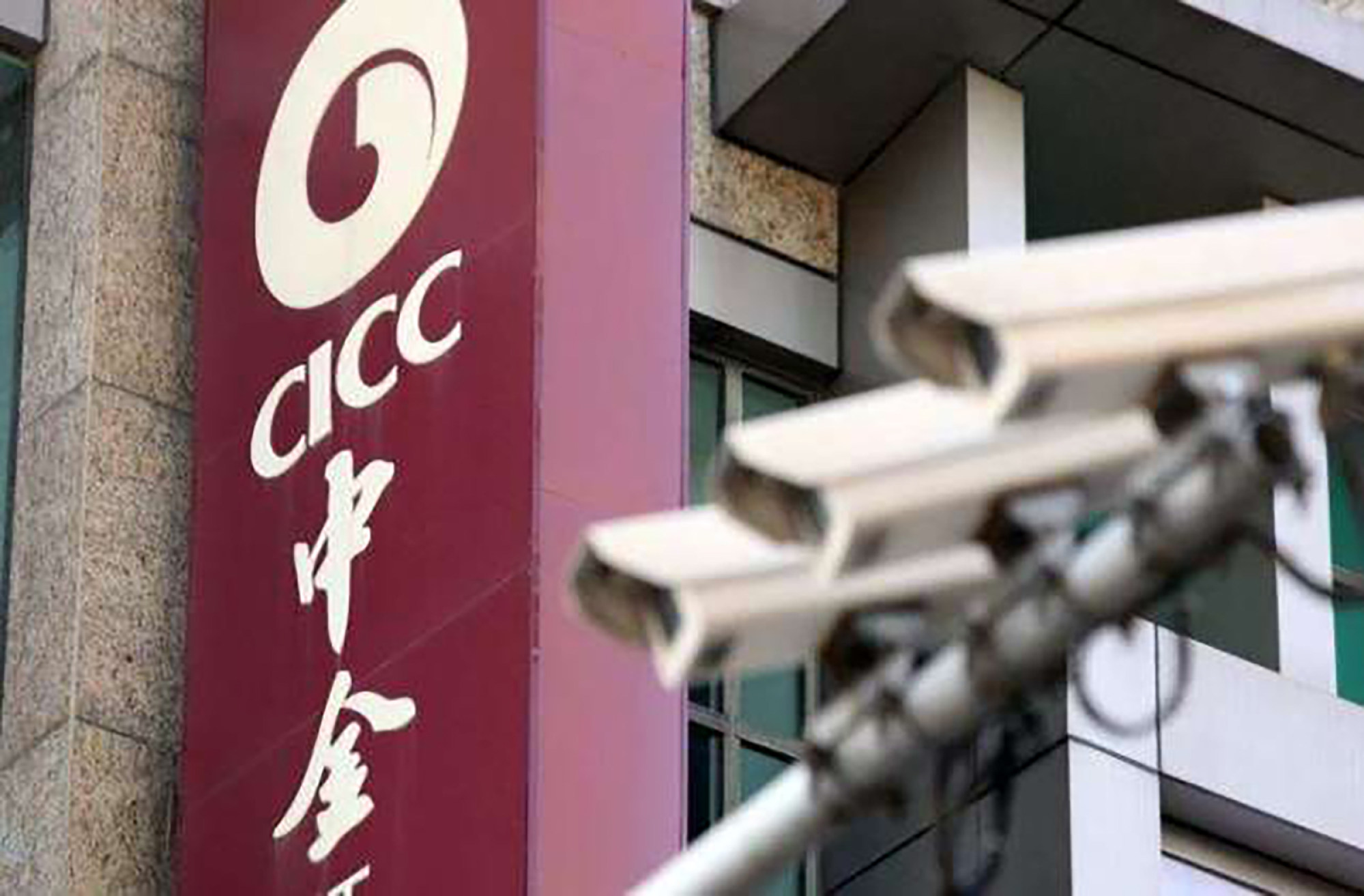
Better off delisted? US$1.9 billion of Hong Kong take-private deals in spotlight as China bankers dominate shrinking fees
- Controlling shareholders in 10 companies have proposed to take their companies private in transactions worth HK$14.9 billion (US$1.9 billion) this year
- Billionaire Xu Shihui is seeking to delist Dali Foods, IMAX Corp is taking its China unit off the board, and Roger Wang is ending Golden Eagle’s listing status
This month, cinema operator IMAX Corp offered HK$964.5 million (US$123 million) to buy the 28.4 per cent of IMAX China it does not already own, making it a total of 10 deals worth a combined HK$14.9 billion this year, according to exchange filings. Last month, Chinese billionaire Xu Shihui offered HK$5.7 billion in a scheme to delist Dali Foods Group.

“It shouldn’t surprise that many companies may feel short-changed by low market valuations and thus consider delistings,” said Brock Silvers, chief investment officer at Kaiyuan Capital in Hong Kong. “Delistings generally occur at market troughs and not at their frothy peaks. Given China’s flailing economic recovery, the Hong Kong stock exchange should be a fertile target for fee-hunting bankers.”
The 700-odd members in the MSCI China Index trade at 11.3 times their current earnings, according to Bloomberg data, compared with a five-year historical average of 14 times. The Hang Seng Index’s members fetched 9.7 times, cheaper than a similar historical valuation of 11.5 times.
Three companies were taken private this year, according to Hong Kong’s stock exchange operator, while eight deals from this and last year are currently in progress. Fifteen were privatised in 2022, 21 in 2021 and 22 in 2020 and 10 in pre-Covid 2019.

Chinese investment banks are seizing most advisory roles in privatisation this year, though no one firm dominated. China International Capital Corp (CICC) landed two deals while CMB International and Citic Securities have one each.
Morgan Stanley is the only Western bank involved via its role in the IMAX deal, while boutique capital-market advisory firms like Nuada Limited, Altus Capital, Halcyon Capital and Yu Ming Investment Management made their presence felt.
At Dali Foods, CICC is advising Xu in his plan to end its seven-year status as a public company. The 65-year old tycoon, credited with a US$7.3 billion fortune by Forbes, offered HK$3.75 per share, or 38 per cent above market price, to take it private through an offshore investment vehicle and a family trust.
CMB International is advising Roger Wang Hung in his plan to delist Golden Eagle Retail Group. Wang, the US-based controlling shareholder and chairman, offered HK$6.88 per share or 40 per cent above its last-traded price, before trading was halted for the announcement in late May.

Low trading liquidity, cheap valuation and the high cost of maintaining a public listing are some of the reasons companies may opt to delist from Hong Kong, according to Anthony Siu, a partner and head of financial sponsor for China at BDA Partners, which runs the largest independent M&A advisory team in Asia.
“A take-private will give them more flexibility in restructuring the target as a private company for a trade sale in the future that can maximise its value,” he said. “It may even mean some companies re-list in a market where they can enjoy higher multiples, such as mainland China.”

In the near to medium-term, the market is likely to see an enhanced pipeline of Chinese entities seeking offshore delistings, followed by onshore re-listings, said Silvers at Kaiyuan Capital. Also, many companies might be better off on mainland stock exchanges in an era of increasing geopolitical risks and regulatory instability, he said.
“China’s onshore market is the biggest for IPOs so far in 2023,” said Gary Ng, a senior economist at Natixis in Hong Kong. “Geopolitical risk is definitely on the radar, and firms may feel less pressure as domestic investors form the lion’s share of the onshore market trading activities.”

While the take-private offers have come at a hefty premium to market price, several of them are not necessarily attractive upon deeper analysis. Many of the stocks are trading that levels below their historical high before the pandemic struck. With the health crisis only recently tackled, analysts said the best days are in front of them.
“Minority shareholders may not agree with delisting decisions, but majorities also have rights, and there are rules in place to prevent egregious bullying,” Silvers at Kaiyuan Capital said. “Moreover, at the time of investment, investors should be aware of float issues.”
Additional reporting by Li Jiaxing

